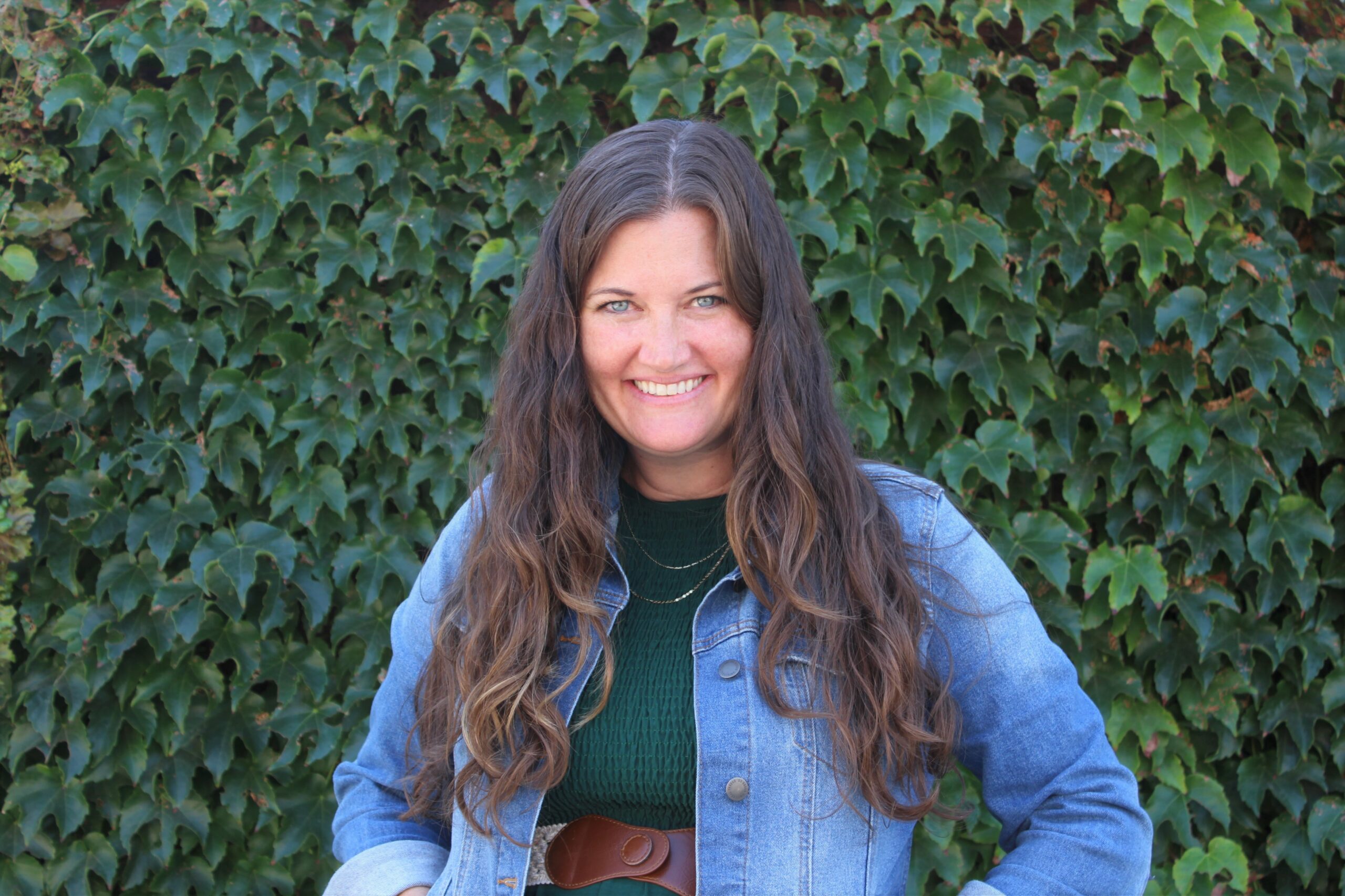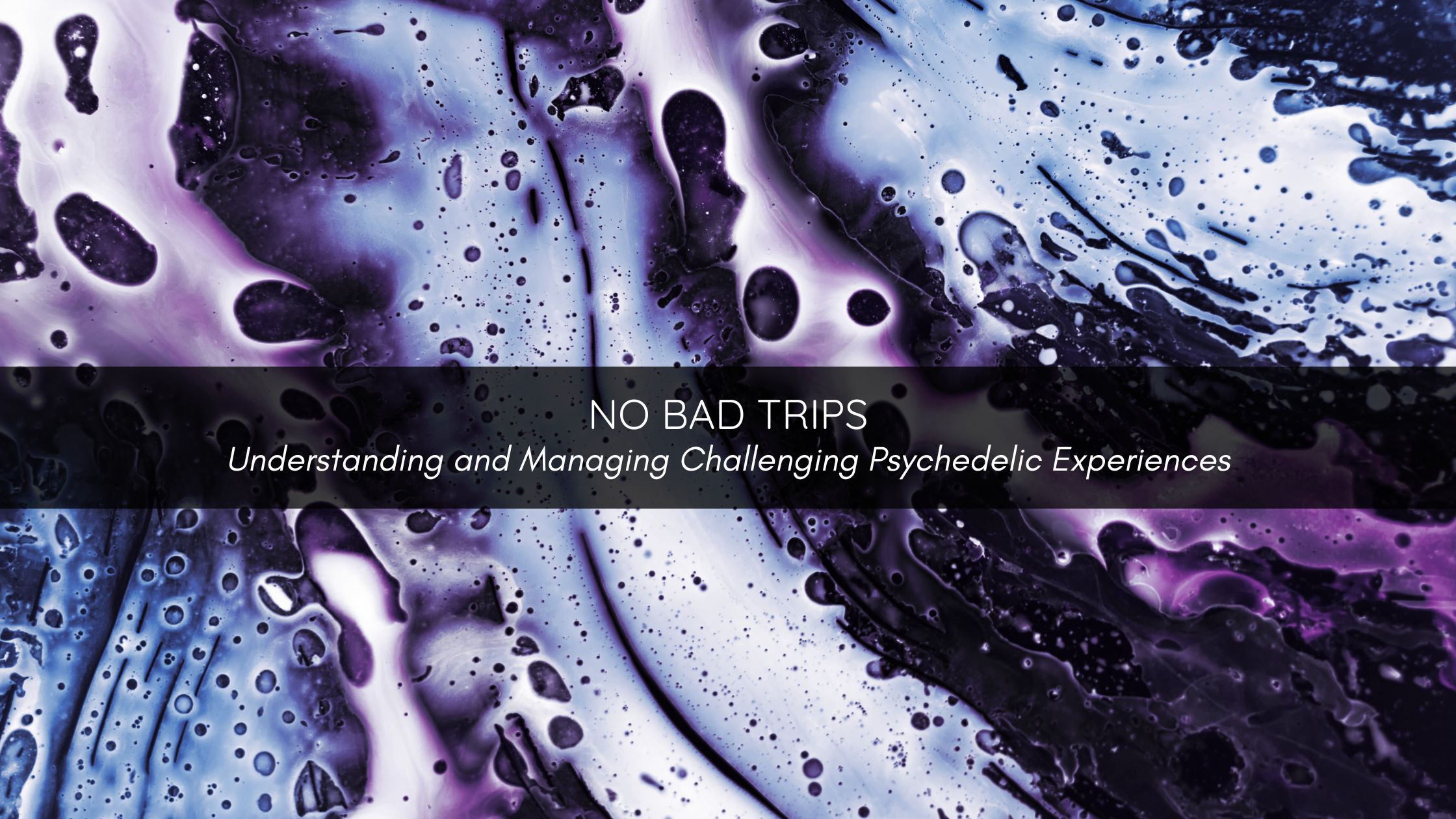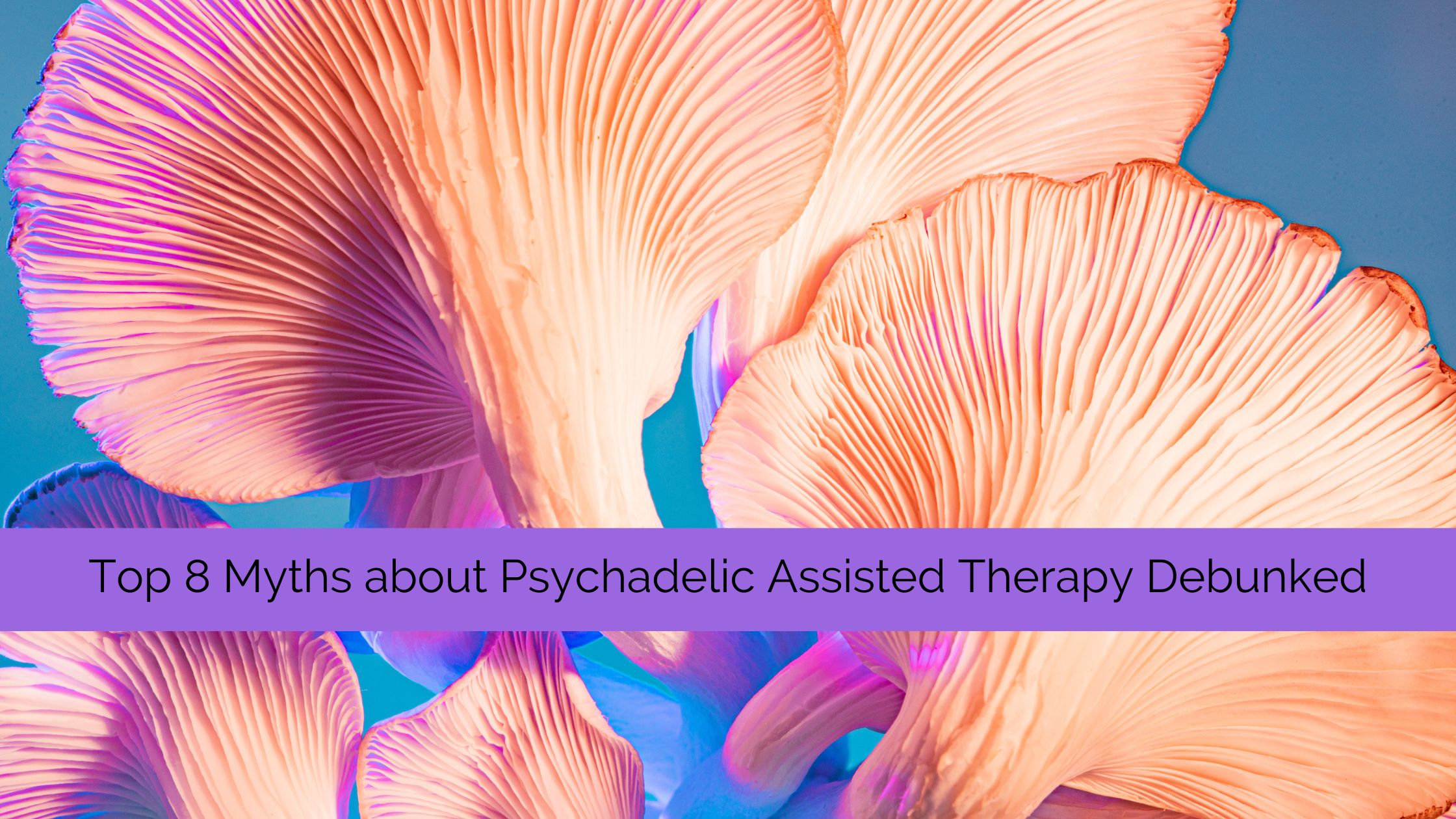
Dedicated to holding space for deep transformation
Erin Jacklin, PsyD, LCP
Licensed Clinical Psychologist
Certified Psychedelic-Assisted Therapy Provider
CEO and Founder, The Catalyst Center
Co-founder and Emeritus Board, Ardent Grove Foundation
Psychedelic Assisted Psychotherapy
Spiritual Exploration and Development
Collaborative Psychological Assessment
Areas of Interest
- Fear of death
-
Terminal illness
-
Treatment Resistant Depression
-
Spirituality and Spiritual Development
-
Meditation and Buddhism
-
Autism
- LGBTQ+
-
Irritable depression in middle age
Dr. Erin Jacklin, Licensed Clinical Psychologist, Certified Psychedelic Therapy Provider, is a grounded, safe, gentle psychedelic guide and integration therapist. A longtime meditator, Erin brings a depth of presence to her work with psychedelics and is comfortable holding space for a wide range of experiences. Her decade plus expertise in trauma and mindfulness informs her approach to psychedelic assisted therapy.
Hear from Erin
From Skeptic to Psychedelic Guide
I started my journey into psychedelic therapy as a skeptic. I have a healthy respect for the risks of substances, prescribed or otherwise. I have lost two loved ones to drug overdoses. I have worked with people trying to rebuild their lives after substance abuse and with grieving parents whose children died from drug or alcohol abuse. I am also wary of the unintended consequences of even “normal” substance use for people with particular genetic vulnerabilities.
How the heck did a drug skeptic like me become a passionate advocate of psychedelics?
I have long resonated with a mix of science and spirituality.
Before I started studying psychedelics, I was a committed meditator with strong gravitation toward spirituality. I use mindfulness in my therapy work and believe deeply in learning to slow down and listen to our inner wisdom. My work as a psychologist and psychedelic guide feels like an expression of my spirituality, even though I do not discuss religion or the spiritual with my clients unless they bring it into our work. It feels like I am channeling the loving-kindness of something much greater than myself when I am present with people. It feels holy, for lack of a better word, to hold space for my clients authentically, compassionately, and non-judgmentally.
I am also a student of data and love how a good meta-analysis can offer guidance and often confirmation of intuitive knowledge. I love being able to use data to help me determine what to spend time focused on and what may not make an impact. I hold this alongside an awareness of the limitations of even the best research to capture the nuance and complexity of a human being. Data guides my decision-making as a clinician; I consider what the evidence suggests will be most helpful for each client or situation. I temper my reliance on data with my years of experience and faith in the wisdom within each of us.
Somehow, all of these aspects coalesced in the early 2010s in a curiosity about the emerging research on using psychedelics in therapy. I followed with interest as more and more research began to explore the potential for psychedelics to help with the mental health conditions I was so passionate about treating. As the data continued to roll in, I slowly became less wary and more curious. Knowing the best path for me involved structured intensive study, in 2021, I decided to dive in and enrolled in a year-long training program to become a Certified Psychedelic-Assisted Therapy Provider through the Integrative Psychiatry Institute and affiliated with MAPS (the Multidisciplinary Association for Psychedelic Studies).
Over that year of intensive training, I immersed myself in the literature about therapeutic approaches to psychedelics, looked closely at the risks and benefits, and decided that this was an essential and beneficial tool to bring to Catalyst. As part of the training, I was able to participate as a client, which further validated my belief in the powerful healing potential of psychedelics when done in a safe and therapeutic environment. Experiencing them also underscored the potential risks and the importance of the safeguards we have put in place.
So, now I am bringing my years of interest and study into practice as a psychedelic therapist. I welcome your skepticism, spiritual questing, and longing for healing.
There is wisdom and the potential for deep and lasting healing within each of us. These medicines seem to offer a way to help us access this deep well of inner wisdom and perhaps touch the infinite oneness.
Education
- 2010 Psy.D. Clinical Psychology, Specialty Focus in Psychological Assessment, Graduate School of Professional Psychology, University of Denver
- 2007 M.A. Clinical Psychology, Graduate School of Professional Psychology, University of Denver
- 2003 Bachelor of Arts, Religious Studies, Claremont McKenna College, Summa Cum Laude
Advanced Trainings
- 2022 Certified Psychedelic Assisted Therapy Provider, Integrative Psychiatry Institute
- 2019 Memory Reconsolidation, The Flash Technique & EMDR Training
- 2018 Neurofeedback Basic Certification, Neuroptimal System. Training through Zengar, Victoria, BC
- 2016 Wartegg Drawing Completion Test Training (Levels 1, 2 and 3)
- 2014 Eye Movement Desensitization and Reprocessing (EMDR) Training, Basic Certification
Teaching Experience:
-
2011-2014 Adjunct Professor: Assessment Seminar, Graduate School of Professional Psychology
-
Fall 2008, Graduate Teaching Assistant: Introduction to the Rorschach, Graduate School of Professional Psychology, Primary Instructor: E. Hale Martin, Ph.D.
Presentations and Publications
- 2019 Featured in Colorado Parent Magazine Article
- Drake-McDonough, C. (2019), How to Avoid Family Vacation Misery. In Colorado Parent Magazine (April 23, 2019). https://www.coloradoparent.com/avoid-family-vacation-misery/
- 2019 Featured in Radio Program for NBRFM
http://nbrfm.com/radio/show/2019/05/02/dr-erin-jacklin/ - 2018 Winner, Top 5 for Family Therapy: The Catalyst Center, Colorado Parent Magazine
- Jacklin, E (2017). Developing Therapeutic Assessment in Private Practice. In E. H. Martin (Chair), Obstacles and Opportunities for Therapeutic Assessment. Panel presented at the meeting of the Society for Personality Assessment, San Francisco, CA.
- Jacklin, E (2015). Finding Your Voice: Writing clinically meaningful reports and letters. In D. Engelman (Chair), Assessment’s Neglected Child: Why We Need to use and Teach Quality Writing Skills. Panel presented at the meeting of the Society for Personality Assessment, Boston, MA.
- Jacklin, E., Doukas, K. (2013). Intersections of Trauma and Gender Variant/Transgender Identity: Treatment Considerations for Compassionate, High-Quality care. Paper Presentation at Colorado Gold Rush Conference, Denver, CO
see review of presentation at: http://blasiuscounseling.com/trauma-and-oppression-insights-from-the-gold-rush-conference/ - Martin, H., Jacklin, E. (2012). Therapeutic Assessment Involving Multiple Life Issues: Coming to Terms with Problems of Health, Culture and Learning. In S. Finn, C. Fischer and L. Handler (Eds.) Collaborative/Therapeutic Assessment: A Casebook and Guide. (pg. 157-178) New Jersey: Wiley.
- Jacklin, E., Doukas, K. (2012). Guide to Assessing Postpartum Mood Disorders. Presented in Multiple Medical Office In-Service Trainings throughout the Denver Metro Area
- Doctoral Paper (2010), The Development of the Consultative Assessment Questionnaire, University of Denver, Doctoral Comittee: Drs. E. Hale Martin & Stephen E. Finn
- Jacklin, E. (2009). Approaches to Therapeutic Assessment Feedback: Using Co-Created Metaphors in Stories and Letters. In J. Allyn (Chair), Taking the Risk: Bridging Technical and Creative Writing in Therapeutic Assessment and Stories. Panel presented at the meeting of the Society for Personality Assessment, Chicago, IL.
- Gravlee, S., Jacklin, E., Perelman, P. (2005). Reflections on Conversation One. In K.O. Wicker, A.S. Miller & M.W. Dube (Eds.) Feminist New Testament Studies: Global and Future Perspectives (pg. 106-108) New York: Palgrave McMillian.
The Cost-Benefit Analysis of Ketamine-Assisted Therapy vs. Traditional Therapy
Mental health treatment is a crucial investment for individuals struggling with conditions like depression, anxiety...
How to Find a Good (and Safe) Psychedelic Therapist
As interest in psychedelic therapy continues to grow, so does the need for finding qualified...
Comparing Approaches to Ketamine-Assisted Therapy
Ketamine-assisted therapy has gained attention as an innovative treatment for various mental health conditions, including...
No Bad Trips: Reframing Challenging Psychedelic Experiences
Psychedelic experiences can be profound, life-changing, and healing. However, they can also be challenging, frightening...
How Does Therapy Heal?
By Dr. Erin Jacklin In my work as a psychologist I often get asked the...
Myths vs Reality of KAP
Myth 1: Ketamine is not safe. Is Ketamine-Assisted Therapy Safe? Ketamine is safe and effective;...
Let's Get Started!
We are committed to helping you find a great fit with a therapist, which is why we offer every new client a FREE initial consultation.






